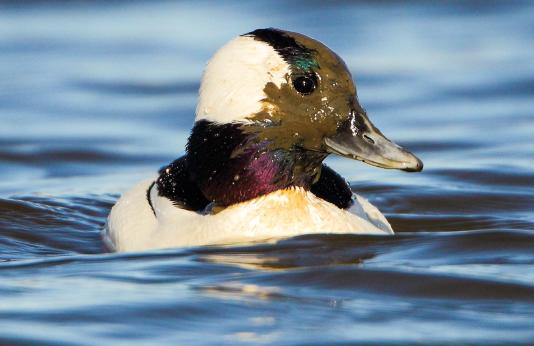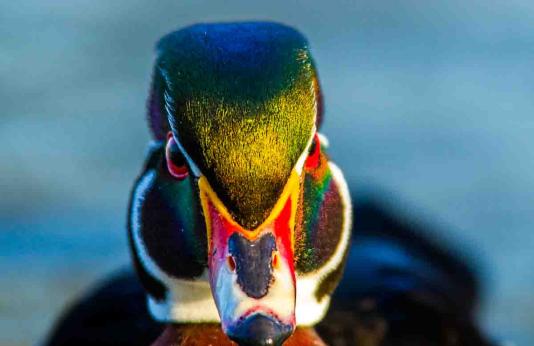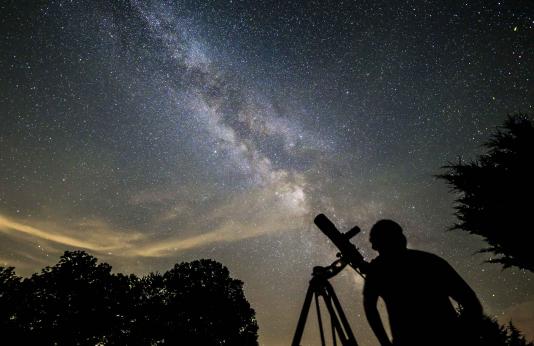It seems like spring took awhile to get here this year, but this week is sure to pop with color and activity. Here are five things happening in nature this week to view and celebrate.
Our state flower, the hawthorn, is blooming in open areas. These showy white flowers have five petals and look like small apple blossoms. You can also view redbuds and dogwoods blooming as well.
Wood ducks are hatching high up in trees and nest boxes. Chicks are born covered in down. Within a day, they’ll jump down on their own.
Male catfish are building nests. They’ll fan their eggs with their fins and guard them from predators until they hatch and swim away.
Raccoons are having litters. They den in hollow trees, rocky crevices or woodchuck burrows. Raccoons are excellent climbers and swimmers.
And last but not least, goldfinches are feeding on dandelion seeds. Watch for these bright yellow birds with black foreheads and wings near feeders and native plants like thistle and milkweed. Check out our natural events calendar to keep up with natural events throughout the year.
Missouri's State Flower
- Hawthorns are shrubs or small trees, often with two or more trunks; spreading, rounded crowns; and woody spines.
- The hawthorn flowers April through June and fruits September through October.
- The clusters of flowers, often colorful fruits, and manageable size endear hawthorns to landscapers, and many varieties appear in cultivation, including some specially bred for landscape use.
- The flower is common in pastures. Occurs in rocky open woodlands and bluffs, stream borders, thickets, edges of woods, often in rocky places. Some species occur on hillsides, others in bottomlands.
- Hawthorns are valuable ornamental trees, and many cultivars have been derived. In 1923, downy hawthorn (Crataegus mollis) was approved as Missouri’s official state flower.
- Hawthorns have been and are used as a source of medicine. The fruits of some species can be made into jams or tea.
For more on hawthorns, visit MDC’s Field Guide.






Recent Posts
























